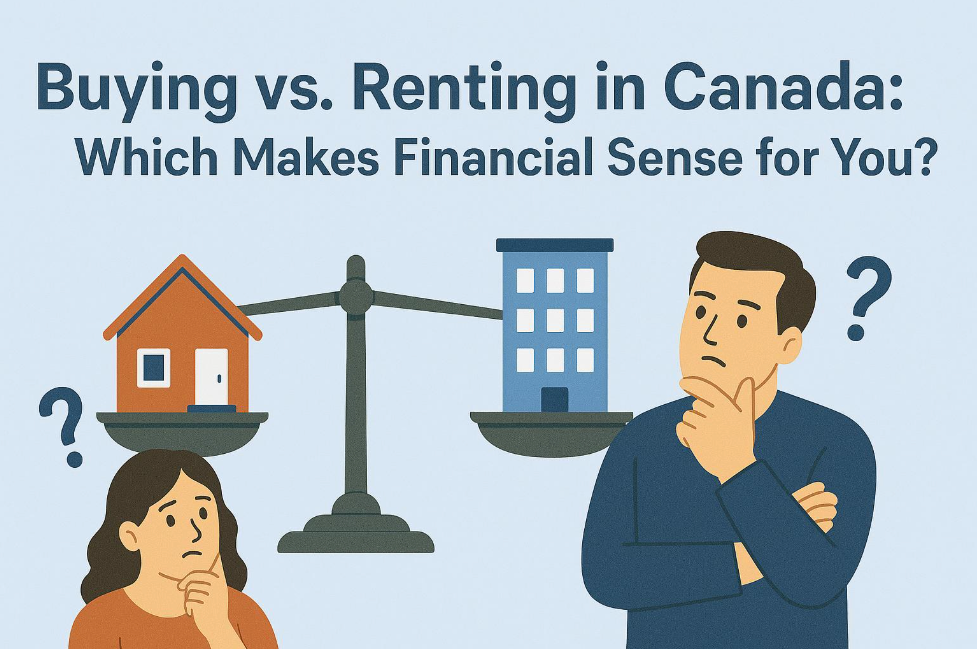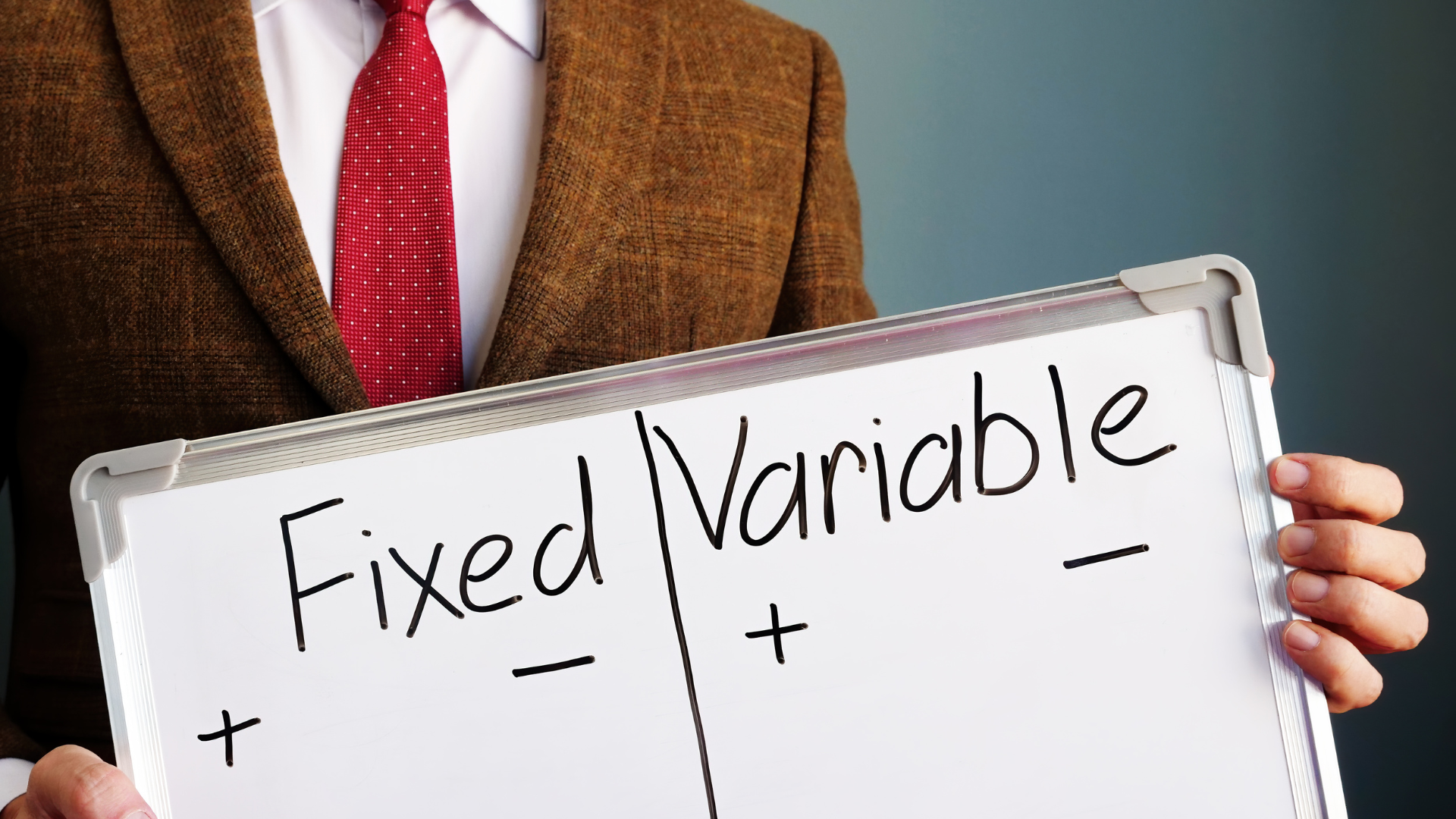Purchase Plus Improvements Mortgage

Many home hunters know the feeling of seeing a place that’s almost perfect, but it needs a few renovations to make it their dream home. Maybe you want to tear out the kitchen floor, update an ugly bathroom, or create more natural light by installing larger windows.
Purchase Plus Improvements (PPI) is for home buyers wanting to purchase a home that has great potential but needs some TLC. With the PPI, the lender is able to provide additional financing to improve the subject property. The program allows you to make improvements immediately after taking possession of your new home and have renovation the costs rolled into one easy-to-manage mortgage.
How the Purchase Plus Improvements program works:
- The amount allowed for improvements is typically 10% -20% of the purchase price – usually up to $40,000 maximum. The money is to be used for “improvements” or “renovations”, not repairs like leaks or structure issues. The improvements must be for something that adds value to the home, therefore chattels like appliances are not included.
- Renovations can include: painting, flooring, windows, hot-water tank, new furnace, kitchen updates, bathroom updates, new roof, basement finishing, and more.
- It is necessary to have written quotes for the cost of the home improvements when applying for the mortgage with your lender. Add the amount of the quotes to the purchase price, and this becomes the new “value” of the home that the lender considers. The down payment will be based on this new higher value as well.
- The PPI program is not available after the mortgage has been funded.
- Renovation must be completed within 120 days of purchase.
- The mortgage is funded based on the contractual price of the home, with the money for the improvements held at the lawyer’s office until the work is complete.
- Please note: you must have a way of paying for your improvements up front since you will not receive any funds for the renovations until after the work is completed and verified.
- An inspection report from an appraiser is required when all the renovations are done so the lender can confirm that the improvements were completed and are good quality.
- Your lawyer will then be instructed by the lender to release the money for the renovations.
The Purchase Plus Improvement program is available at the best mortgage rates, including fixed and variable .
Acceptable Loan Purpose:
- Purchase transactions up to 95% or refinances up to 80% Loan to Value (LTV)
- Maximum four units with at least one unit occupied as the principal residence
- New construction or existing properties
The Purchase Plus Improvements is a great program, which may make it easier for you to decide which home is best fit for your situation.
Would you like more information regarding Purchase Plus Improvement mortgages? Give me a call and let’s have a chat.
Kelly Hudson
Mortgage Expert
Mobile: 604-312-5009
Kelly@KellyHudsonMortgages.com
www.KellyHudsonMortgages.com






